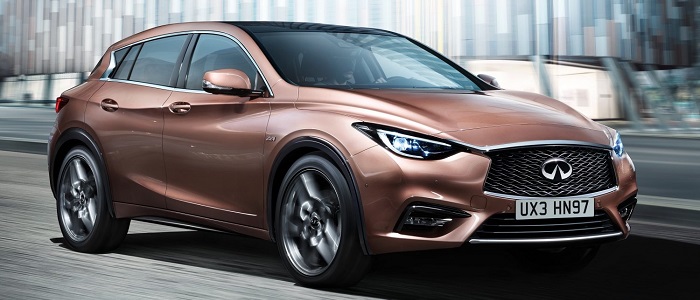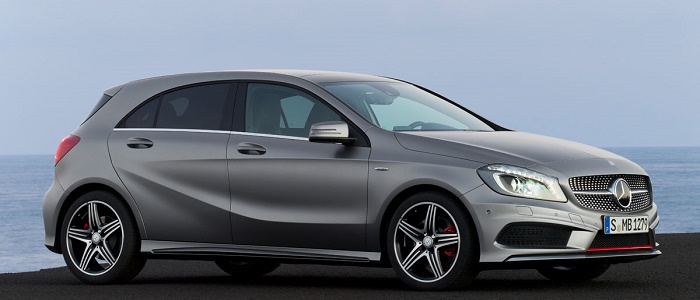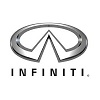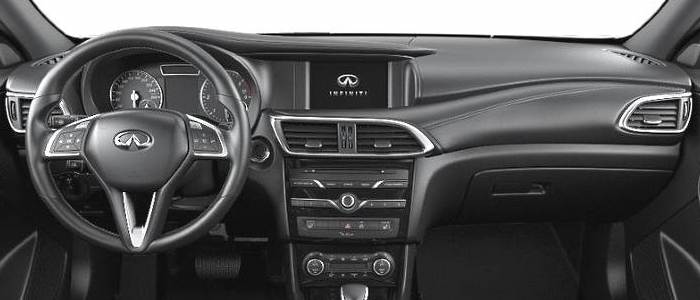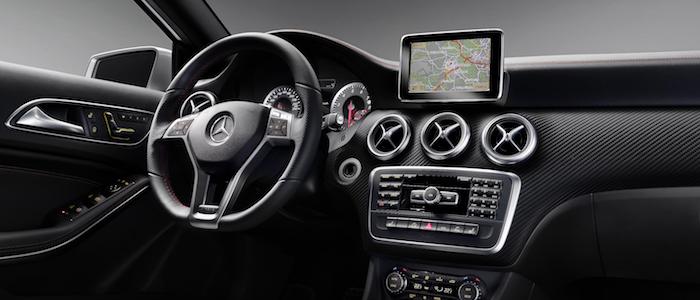Compare two cars
Compare any two cars and get our Virtual Adviser™ opinion
Dimensons & Outlines
Check vehicle history
Engine
2.1 OM651 DE22 LA
2.1 OM651 DE22 LA
Performance (manual gearbox)
Performance (automatic gearbox)
Expenses
Virtual Adviser's™ opinion
Well, these are two pretty similar cars we have here! It's only details that could potentially make the difference. Not only that they both belong to the small family car segment and utilize the same 5-door hatchback body style, they are even powered by the same Mercedes Benz-developed diesel engine! There is not much there to point us towards one vehicle or the other. Or is it?
SafetyA starting point here would be to take a look at the results from European New Car Assessment Programme (Euro NCAP) tests which were performed on both of the cars, with the same number of safety stars gained in the process. Still, apart from the official crash test results there are other things we need to be aware of. Both vehicles belong to the small family car segment, which is generally classifying them somewhere in the middle safety-wise, but that fact doesn't break the tie between the two cars. Furthermore, if we'd like to consider vehicle mass in this context too, which we definitely should, the Japanese car offers a marginal difference of 4% more metal.
ReliabilityI don't like generalizing things when it comes to reliability, although it does seem that Infiniti does have a slight advantage, at least on all of the models level. That's the official data, while our visitors describe reliability of Infiniti with an average rating of 4.6, and models under the Mercedes Benz badge with 4.3 out of 5. Unfortunatelly, I don't have enough insight that would allow me to comment in more details on the specific models level. That apart, owners of different cars powered by the same engine as these two vehicles rank it on average as 4.6 out of 5.
Performance & Fuel economyMercedes Benz is a bit more agile, reaching 100km/h in 0.1 seconds less than its competitor. In addition to that it accelerates all the way to 220 kilometers per hour, exactly the same as the other car does. When it comes to fuel economy things look pretty much the same for both cars, averaging around 4.1 liters of fuel per 100 kilometers (69 mpg), in combined cycle.
Verdict
Infiniti appears just a bit more reliable, although the difference is truly marginal. The most important thing when deciding between any two vehicles should always be safety, both passive and active. In my opinion, everything taken into account, the Japanese car offers slightly better overall protection and takes the lead. From there things take a different direction, with Mercedes Benz offering somewhat better performance, just enough to call it quicker. To make things even better, it consumps less fuel! No mistake, whatever you decide here, but I'd still go for the Mercedes Benz. Anyway, that's the most objective conclusion I could've came up with and it's based solely on the information found on this website. Aspects such as design, practicality, brand value and driving experience are there for you to measure them out. I suggest you spend two more minutes in order to find out which car, based on your needs and budget, would be picked by the virtual adviser™, among more than 12.000 different ones in our database.
Related articles
A year ago I payed Mercedes dealership a visit, not in order to buy one, but rather to personally check an information coming from the Sci-Fi domain. Apparently, under the hood of A and B class, in their 160 & 180 CDI versions, there's a Renault 1.5 dCi...























